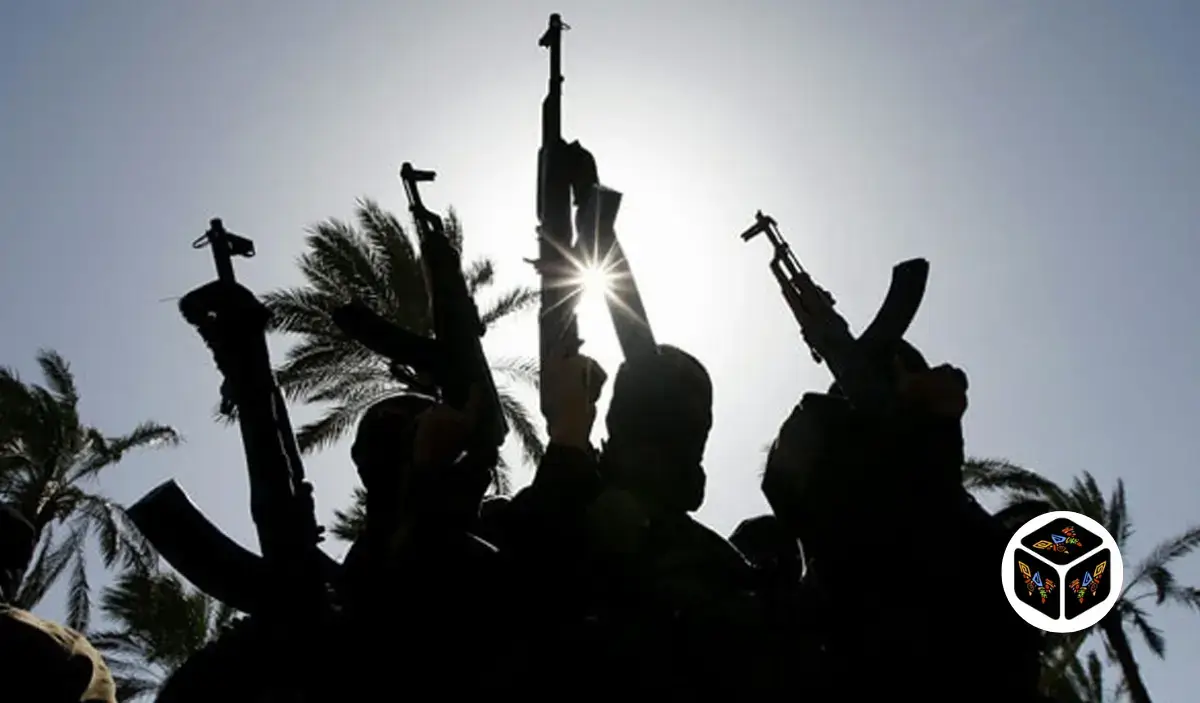
Nigeria’s Insecurity Crisis Claims Over 600,000 Lives in One Year — Equivalent to Luxembourg’s Entire Population

Nigeria is currently facing one of the most severe security crises in its history, with recent data revealing that 614,937 people have been killed due to insecurity from May 2023 to April 2024. This staggering death toll roughly equals the entire population of Luxembourg, a small European country with about 672,050 residents, highlighting the scale of the tragedy unfolding in Africa’s most populous nation.
The violence in Nigeria continues unabated into 2025. In June alone, at least 272 people lost their lives in a series of brutal attacks across different states. Among these were a massacre in Yelwata, Benue State, where armed assailants killed over 200 individuals, including internally displaced persons and security personnel. A suicide bombing in Konduga, Borno State, also claimed between 12 and 24 lives, further compounding the crisis.
In addition to the mass killings, Nigeria is witnessing a rise in kidnappings for ransom, which has become a widespread tactic employed by criminal gangs and insurgent groups. Thousands of people, including schoolchildren, government officials, aid workers, and ordinary citizens, have been abducted in recent years. Many remain in captivity under horrific conditions, while some have been killed or remain missing.
The scale of these atrocities has had a profound impact on Nigeria’s estimated population of 237.5 million in 2025. The loss of life and widespread kidnappings have left communities shattered and displaced, straining the country’s social and economic fabric.
International human rights organisations have condemned the Nigerian government’s response to the crisis, citing a failure to combat armed groups and protect civilians effectively. Amnesty International recently reported that more than 10,000 people have been killed in the past two years alone due to unchecked violence, while kidnappings have soared, creating a climate of fear and insecurity.
The insecurity is driven by a complex mix of factors, including economic deprivation and weak governance, which armed groups exploit to gain territory and influence. The northwest region of Nigeria remains the deadliest, accounting for over 200,000 deaths during the past year alone.
The Nigerian government is facing growing pressure to implement comprehensive security reforms and enhance its law enforcement and intelligence capabilities. At the same time, humanitarian agencies are calling for increased aid to support displaced populations and victims of violence.
The international community has also expressed concern, urging Nigeria’s leaders to prioritise peace and stability. Without decisive action, the death toll and kidnappings are expected to rise, further destabilising the region.
This crisis in Nigeria serves as a reminder of the human cost of insecurity and the urgent need for coordinated efforts to restore peace and safeguard the lives of millions.
Read More:
- Tinubu Turns Abuja Into Lagos: Bulldozers, Land Grabs, and Patronage
- At Just 26, Nora Awolowo Breaks Nollywood Box Office Records with ‘Red Circle’
About The Author
Related Articles
Asake Sets New Billboard Afrobeats Record as Chart Presence Grows
Asake has further cemented his place as one of Afrobeats’ most dominant...
ByWest Africa WeeklyJanuary 29, 2026Nigerians Lament PayPal’s Return as Old Wounds Resurface
PayPal’s reentry into Nigeria through a partnership with local fintech company Paga...
ByWest Africa WeeklyJanuary 29, 2026Tanzania Eyes Gold Sales as Aid Declines and Infrastructure Needs Grow
Tanzania is weighing plans to sell part of its gold reserves to...
ByWest Africa WeeklyJanuary 29, 2026Mali Tightens Grip on Explosives Supply With New Majority Stake
The Malian government has taken majority ownership of a civil explosives manufacturing...
ByWest Africa WeeklyJanuary 29, 2026












Leave a comment